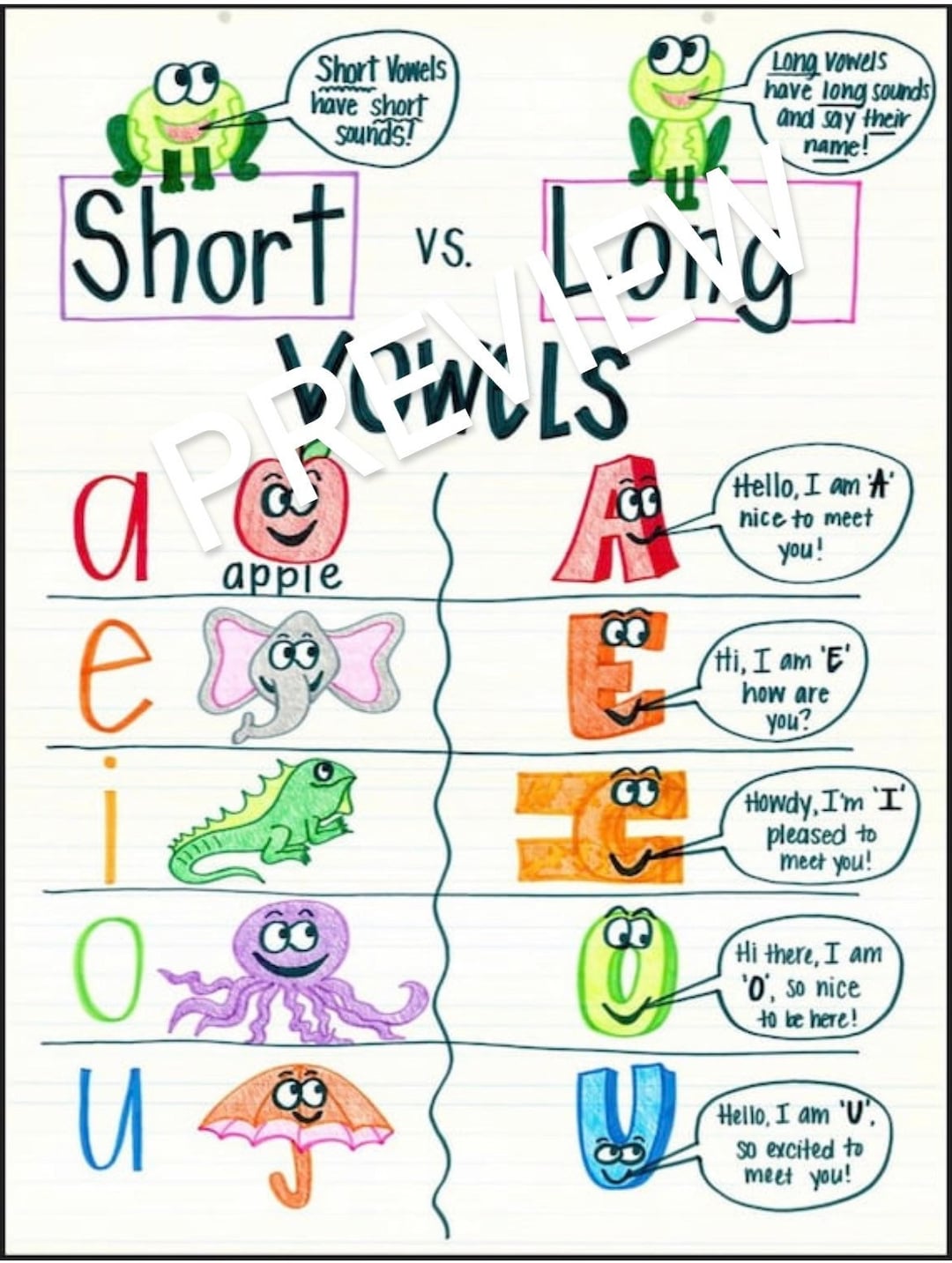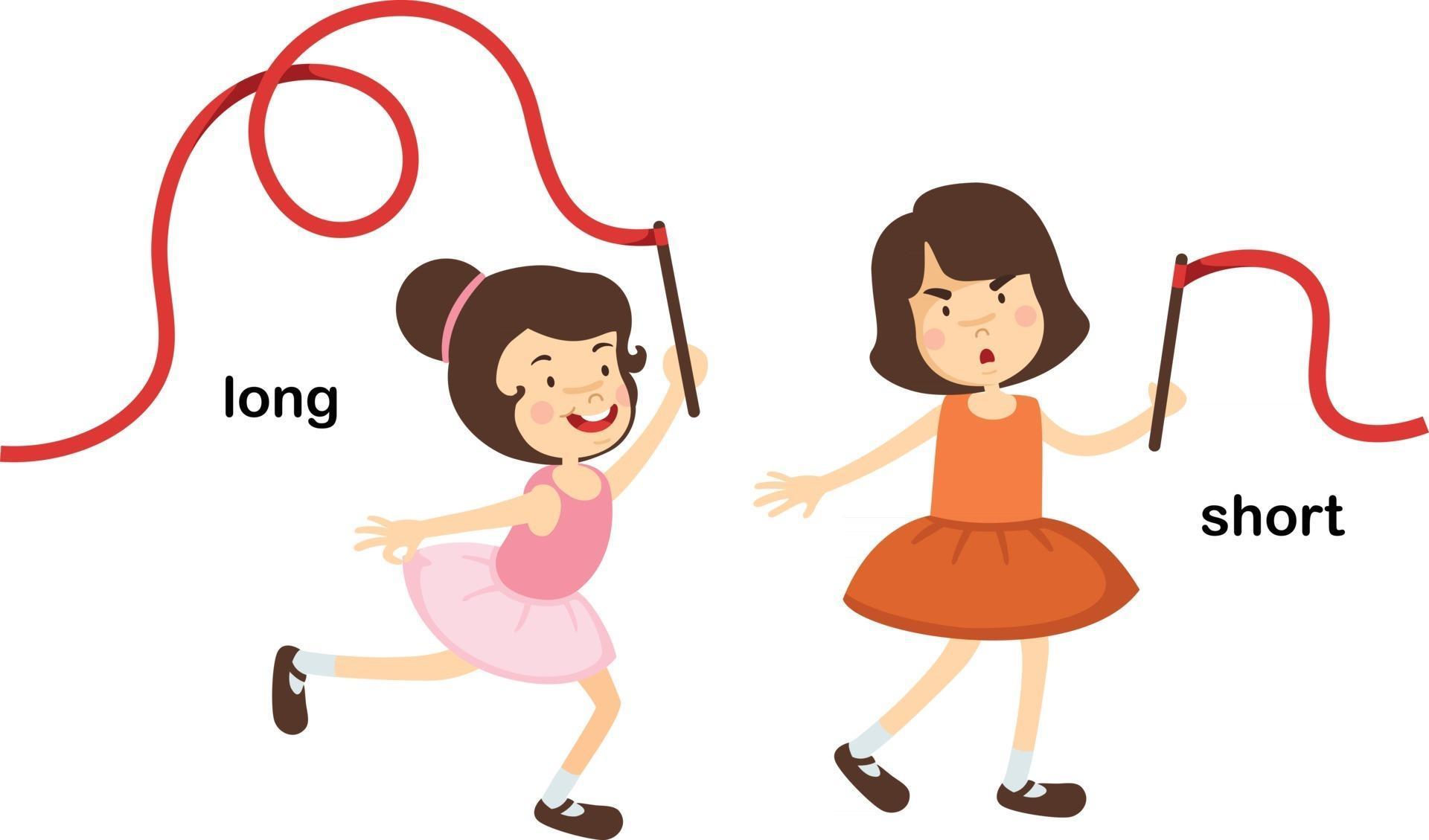Sophisticated Vocabulary - Long Words To Make You Sound Smart
Have you ever felt like your language could use a little extra sparkle, a way to express thoughts with more weight? Sometimes, the right choice of words can truly make a difference in how your message lands. It's not about showing off, really, but about finding the most precise way to convey what you mean, making your communication more effective and, you know, perhaps a bit more impressive.
There are moments, for instance, when a simple description just doesn't quite capture the full scope of something. Think about describing a very long journey, like the way you might take a roundabout route to avoid a certain situation, or a very long stretch of time. Using a word that carries more nuance can help paint a richer picture for anyone listening. Actually, it helps to create a more vivid mental image for your audience.
This approach to choosing your words can help you connect with others on a deeper level, showing a thoughtful consideration in your speech or writing. It's about adding a layer of depth, making your points resonate a little more clearly with those you are trying to reach. So, let's explore how a wider vocabulary can really make your conversations and written pieces stand out.
Table of Contents
- 1. The Power of Precise Language
- 2. Why Consider Expanding Your Vocabulary with Long Words to Make You Sound Smart?
- 3. Beyond "Long" - Exploring Extended Meanings
- 4. How Can Sophisticated Words Help You Connect?
- 5. Do Long Words Always Make You Sound Smart?
- 6. Practical Ways to Add Long Words to Make You Sound Smart
- 7. The Subtle Art of Using Longer Words
- 8. What Are Some Examples of Long Words to Make You Sound Smart?
The Power of Precise Language
Picking just the right word holds a good deal of influence, really. It allows you to convey exact meanings, leaving little room for misinterpretation. When you choose a word that fits a situation perfectly, your message gains clarity and weight. For example, consider the simple word "long." As you might know, "long" can mean extending for a considerable distance, or continuing for a large amount of time. That's a fairly broad definition, you know?
However, if you want to be more specific, you could use a different word. Instead of saying "a long visit," you could say "a prolonged visit." This immediately tells your listener that the visit was extended beyond the usual or expected time, adding a layer of detail that "long" alone doesn't quite provide. It's about swapping out a common term for something that carries more specific information, making your communication more pointed.
Think about describing a place like the Long Beach Cafe, where people can get authentic Vietnamese food. While "long" is part of its name, if you were to describe a particularly extended line of customers, you might say it was a "protracted queue." This gives a more vivid sense of the wait time, rather than just saying it was a "long line." This kind of word choice shows a greater command of expression, which can be quite impressive to others, honestly.
Why Consider Expanding Your Vocabulary with Long Words to Make You Sound Smart?
Some people might think using bigger words is just about sounding snooty, but that's not the point at all. The real reason to grow your vocabulary is to improve how well you get your ideas across. It's about being able to choose words that fit your message perfectly, making your communication more effective and persuasive. You see, having a wider range of words at your disposal means you have more tools to build your thoughts with, so to speak.
When you use a more precise term, you often avoid needing extra words to explain yourself. For instance, instead of saying something "lasted for a long time," you might say it was "enduring" or "sustained." This condenses your message and gives it a more polished feel. It shows that you've given thought to your phrasing, which can really make a good impression on whoever you are talking to or writing for.
Consider a situation like dealing with persistent issues, maybe like pest control services in places such as Tacoma or Federal Way. If a problem has been "long-lasting," you might refer to it as "perennial." This word suggests not just duration, but also a recurring nature, which is a much richer description. It helps to show that you grasp the full scope of the issue, which, as a matter of fact, can make you appear more insightful and capable in your discussions.
Beyond "Long" - Exploring Extended Meanings
The word "long" is quite versatile, appearing in many everyday phrases. Yet, its very simplicity means it sometimes lacks a certain depth when you're aiming for more detailed expression. For example, when "long" refers to distance, as in "extending for a considerable distance," you could opt for words like `extensive` or `far-reaching`. These words paint a picture of something that covers a wide area, perhaps even something that goes beyond what is typical, you know?
When "long" speaks of time, as in "continuing for a large amount of time," you have other choices. A "long wait" might be a `protracted` wait, suggesting it felt drawn out. A "long discussion" could be a `sustained` conversation, implying it kept going without interruption. And a "long-term goal" could be an `enduring` objective, pointing to its lasting nature. These words convey not just duration, but also a sense of how that duration feels or what it means.
Think about the phrase "she had long dark hair." While perfectly clear, you could describe it as "she had `voluminous` dark hair" if it was full and abundant, or "she had `cascading` dark hair" if it flowed down beautifully. These words add a visual richness that "long" alone does not capture. It's about choosing a word that brings the description to life, giving the listener a more complete mental image, which is pretty neat.
How Can Sophisticated Words Help You Connect?
Using a wider array of words can actually help you build better connections with people. When you speak or write with care, choosing words that are precise and thoughtful, it shows that you respect your audience. This can make people feel more valued and more inclined to listen to what you have to say. It's about showing that you've put effort into your communication, rather than just tossing out the first words that come to mind, honestly.
More nuanced vocabulary also lets you express subtle feelings or ideas that simpler words might miss. This means you can share your thoughts with greater accuracy, allowing others to truly grasp the depth of your message. For example, if you're talking about something that happened a "long time ago," you might say it occurred in the "distant past" or was an "antecedent" event. This adds a layer of historical context that can make your story more engaging.
When you use words that add depth, your communication becomes more memorable. People tend to remember things that are expressed clearly and with a touch of elegance. This isn't about being fancy for the sake of it, but about making your points stand out. It helps to create a lasting impression, so your ideas stick with people long after the conversation is over. Basically, it makes your communication more impactful.
Do Long Words Always Make You Sound Smart?
It's a common idea that using big words automatically makes you sound intelligent, but that's not always the case, you know. The real trick is to use words that fit the situation and your audience. If you use a word that's too complex or out of place, it can actually make your message harder to understand, and that's the opposite of what you want. Clarity should always be your main goal when you're trying to get a point across.
Sometimes, a simple, direct word is the most effective choice. Imagine trying to order food at a place like the Long Beach Cafe. You wouldn't use overly complicated terms to ask for your meal; you'd use clear, straightforward language so there's no confusion. The same goes for any communication: if your words obscure your meaning, they aren't serving their purpose. So, it's about balance, really.
Overdoing it with lengthy vocabulary can also make you seem a bit, well, pretentious. People might get the impression you're trying too hard to impress them, rather than genuinely trying to communicate. The goal is to enrich your language, not to create a barrier. So, pick your words with care, making sure they add to your message, rather than detract from it. It's about being thoughtful, not just showing off, at the end of the day.
Practical Ways to Add Long Words to Make You Sound Smart
If you want to start using more varied and expressive words, one of the best things you can do is read a lot. When you read different kinds of books, articles, and even just good quality online content, you naturally come across new words in their proper settings. This helps you see how they are used, which is much better than just memorizing a list. You get a feel for their meaning and how they fit into sentences, so.
Another helpful tool is a thesaurus, but you need to use it with care. Don't just pick the longest word you find. Instead, look for synonyms that truly capture the specific nuance you're aiming for. For instance, if you're trying to describe something that extends over a large distance, like a very long road, you might look up "long" and find words like `extensive` or `spacious`. Then, consider which one fits your specific context best. It's about precision, not just length.
Finally, the most effective way to make new words part of your natural speaking and writing is to practice using them. Start by trying them out in your written messages, like emails or personal notes. Then, gradually try to include them in your conversations. It might feel a little awkward at first, but with repetition, these words will become a regular part of your vocabulary. Just a little effort can make a big difference, honestly.
The Subtle Art of Using Longer Words
Using a more extensive vocabulary isn't about forcing big words into every sentence. It's about making them fit naturally, so your speech or writing flows smoothly. The aim is to enrich your expression, not to make it sound stiff or unnatural. Think of it like adding different flavors to a dish; you want them to blend well and improve the overall taste, not overpower it, you know.
The key is to focus on precision. A longer word is only truly valuable if it conveys a meaning more accurately or vividly than a shorter one. For example, instead of saying a problem with pests in your home "lasted for a long time," you might say it was a "persistent" issue. "Persistent" tells you it not only lasted a while but also kept coming back, which is a much more specific detail. That's a good example of adding clarity.
It's also about understanding your audience. If you're talking to a group of experts, you might use more specialized terms. But if you're explaining something to someone new to the topic, simpler language is probably better. The goal is always to communicate effectively, and sometimes, the simplest path is the best one. So, consider who you're talking to, and adjust your word choices accordingly, which is pretty important.
What Are Some Examples of Long Words to Make You Sound Smart?
Let's look at a few words that can add a touch of refinement to your speech and writing. These aren't just long for the sake of it; they offer more specific meanings than their shorter counterparts. For instance, instead of saying someone is "careful," you might say they are `conscientious`. This word suggests they are not just careful, but also thorough and guided by what they believe is right, which is a much fuller description, really.
Another useful word is `ubiquitous`. This means something is found everywhere or seems to be present all the time. So, instead of saying that a certain type of advertisement is "everywhere," you could say it's `ubiquitous`. This word has a stronger, more formal ring to it and clearly conveys the idea of widespread presence. It gives your statement a more authoritative tone, honestly.
Consider `benevolent` as a replacement for "kind." A benevolent person is not just kind, but also well-meaning and generous. This word carries a sense of goodwill and a desire to do good for others. It adds a deeper layer of meaning to the description of someone's character, making your praise more meaningful. It's a way to express appreciation with greater depth.
For something that is "effective," you might use `efficacious`. This word specifically means having the power to produce a desired result. So, if a particular method for dealing with a problem, like a pest issue, is very effective, you could say it's `efficacious`. This term is often used in contexts where the outcome is important and reliably achieved, adding a touch of academic precision to your statement, you know.
When something is "harmful," you could describe it as `pernicious`. This word suggests a harm that is subtle, gradual, and often very damaging over time. It's a stronger word than just "harmful" because it implies a more insidious kind of damage. So, if you're talking about a negative influence that slowly erodes something good, `pernicious` would be a very fitting choice, basically.
Instead of saying "nearness," you could use `propinquity`. This word refers to the state of being close to someone or something. For example, the convenience of the Long Beach Cafe might be due to its `propinquity` to your home, meaning it's nearby. It's a word that sounds a bit more formal but clearly conveys the idea of closeness, whether in terms of physical distance or even relationship, so.
If someone is "confused," you might say they are `discombobulated`. This word is a bit playful but clearly conveys a state of being utterly bewildered or thrown off balance. It's a more vivid and descriptive word than just "confused," painting a picture of someone who is truly out of sorts. It can add a touch of humor or emphasis to your description, which is pretty cool.
When something happens "by chance" or is "lucky," you could call it `serendipitous`. This word describes a fortunate discovery or occurrence that happens by accident. It implies a happy coincidence, something good that you weren't looking for but found anyway. It's a word that conveys a sense of pleasant surprise and good fortune, making

Long vs. Lengthy: Usage, Differences, and Discussion | Merriam-Webster

Short Vs. Long Vowels Anchor Chart - Etsy

Long I Vs Short I